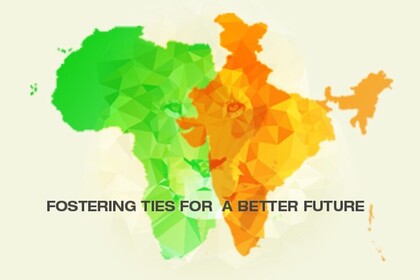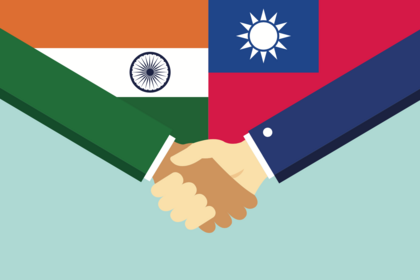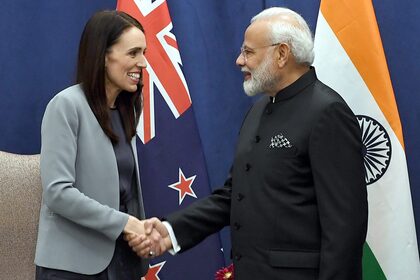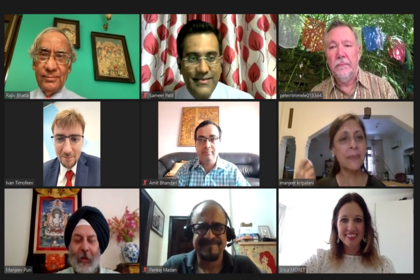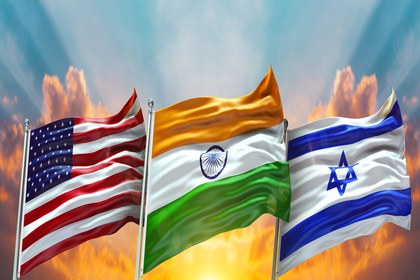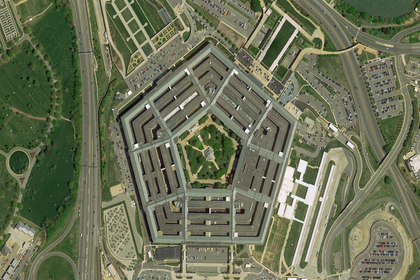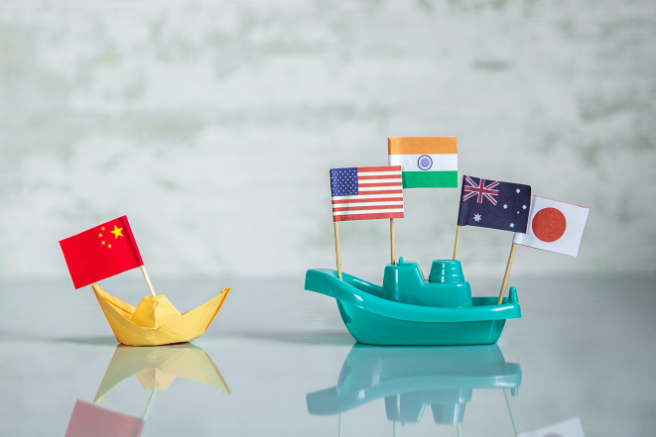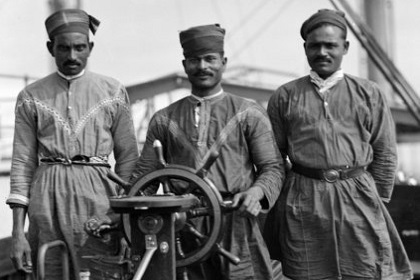Re-energizing India’s Africa policy
Africa is a foreign policy priority for India, but evidence shows a recent decline in bilateral trade and investment. There is already a "third scramble" for geopolitical influence in Africa. Now is the time for India to make new commitments in the continent: developing and deepening links in health, space and digital technologies.

